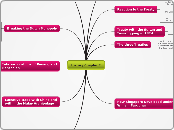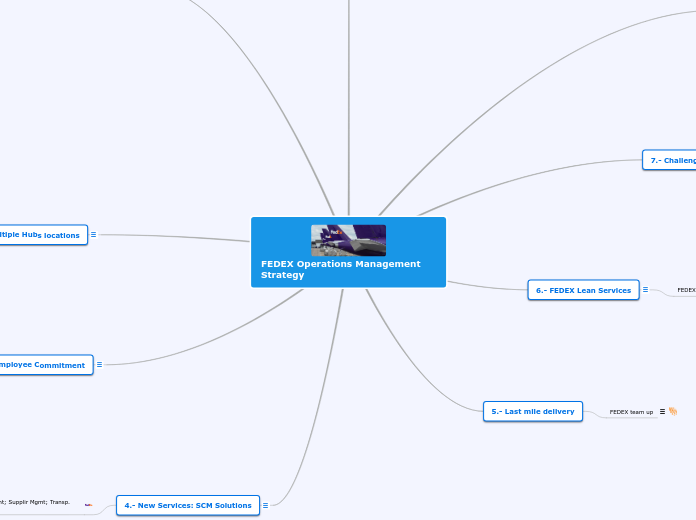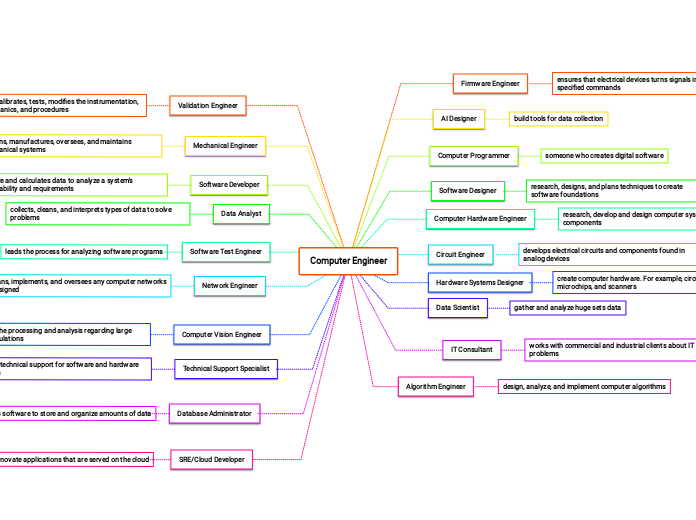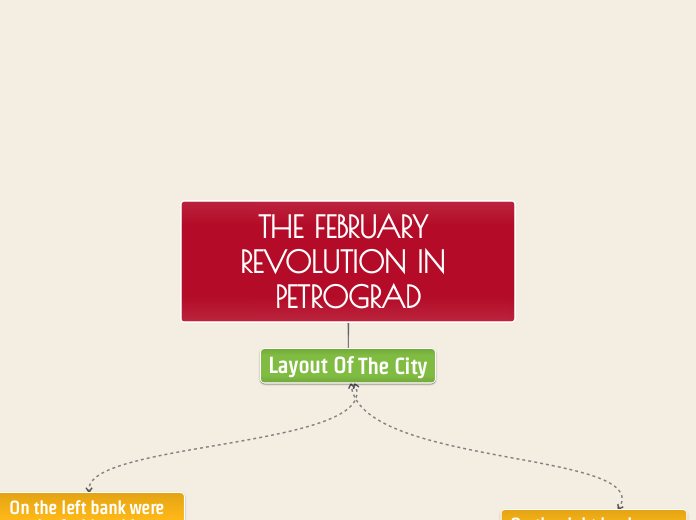door Noe Htat 12 jaren geleden
1642
History Chapter 2
Following the establishment of a British trading settlement in Singapore, the Dutch protested against this move, claiming indirect ownership. However, due to the financial strain from the Napoleonic Wars, Holland could not afford to engage in warfare with Britain.









